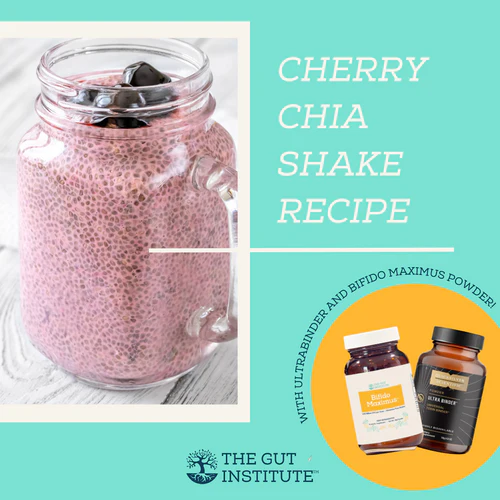In today’s fast-paced world, stress is an unavoidable part of life. But did you know that stress can have a significant impact on your weight? That’s right, the hormone cortisol, often referred to as the “stress hormone,” plays a crucial role in weight management. In this article, we’ll delve into the connection between cortisol and weight gain and explore ways to manage your cortisol levels for a healthier, happier you.
Cortisol: The Stress Hormone
Cortisol is a hormone produced by your adrenal glands, which are located on top of your kidneys. It’s often associated with the “fight or flight” response, the body’s way of reacting to stress. When you encounter a stressful situation, your body releases cortisol to prepare you for action. This hormonal surge can temporarily increase energy and focus, but it can also have detrimental effects if stress becomes chronic.
Cortisol and Weight Gain
Abdominal Fat Accumulation: One of the key links between cortisol and weight gain is its role in fat storage. Elevated cortisol levels can lead to increased fat accumulation, particularly around the abdomen. This is why stress is often associated with the infamous “belly fat.”
Appetite Regulation: Cortisol can influence your appetite, causing cravings for high-calorie, sugary, or fatty foods. This can lead to overeating and weight gain over time.
Metabolism Impact: High cortisol levels can slow down your metabolism, making it harder for your body to burn calories efficiently. This can further contribute to weight gain.
Muscle Breakdown: Cortisol can also promote muscle breakdown for energy, which can lead to a loss of lean muscle mass—a factor that can lower your metabolic rate and make it easier to gain weight.

Managing Cortisol Levels
Now that we understand how cortisol can lead to weight gain, let’s explore some strategies for managing cortisol levels:
Stress Reduction Techniques: Engage in relaxation techniques such as deep breathing, meditation, yoga, or progressive muscle relaxation to help lower stress levels.
Regular Exercise: Physical activity can be an excellent stress reducer and a way to keep cortisol levels in check. Aim for at least 30 minutes of moderate exercise most days of the week.
Balanced Diet: Eating a balanced diet with plenty of fruits, vegetables, lean protein, and whole grains can help stabilize blood sugar levels, reducing cortisol spikes caused by sugar crashes.
Adequate Sleep: Prioritize getting 7-9 hours of quality sleep each night, as sleep deprivation can increase cortisol levels.
Conclusion
Cortisol and weight gain are undeniably linked, but understanding this connection empowers us to take control of our health. By managing stress, incorporating healthy habits, and nurturing our bodies, we can keep cortisol levels in check and maintain a healthy weight.
Frequently Asked Questions
1. Can supplements help regulate cortisol levels?
While some supplements may help manage stress and support adrenal health, it’s essential to consult a healthcare professional before using them, as they may interact with medications or have side effects.
2. How long does it take to see the effects of cortisol management on weight?
The timeline varies from person to person, but with consistent stress management and healthy habits, you can start to see positive changes in a matter of weeks to months.
3. Are all stressors bad for cortisol levels?
Not necessarily. Short-term, acute stressors can be a natural part of life and may not have the same impact on cortisol levels as chronic, ongoing stress. The body is designed to handle occasional stress effectively.
4. What role does cortisol play in other health conditions besides weight gain?
Cortisol can impact various aspects of health, including immune function, blood pressure regulation, and bone density. High or prolonged cortisol levels may contribute to conditions like immune system dysfunction, hypertension, and osteoporosis.












 iConvert Website
iConvert Website